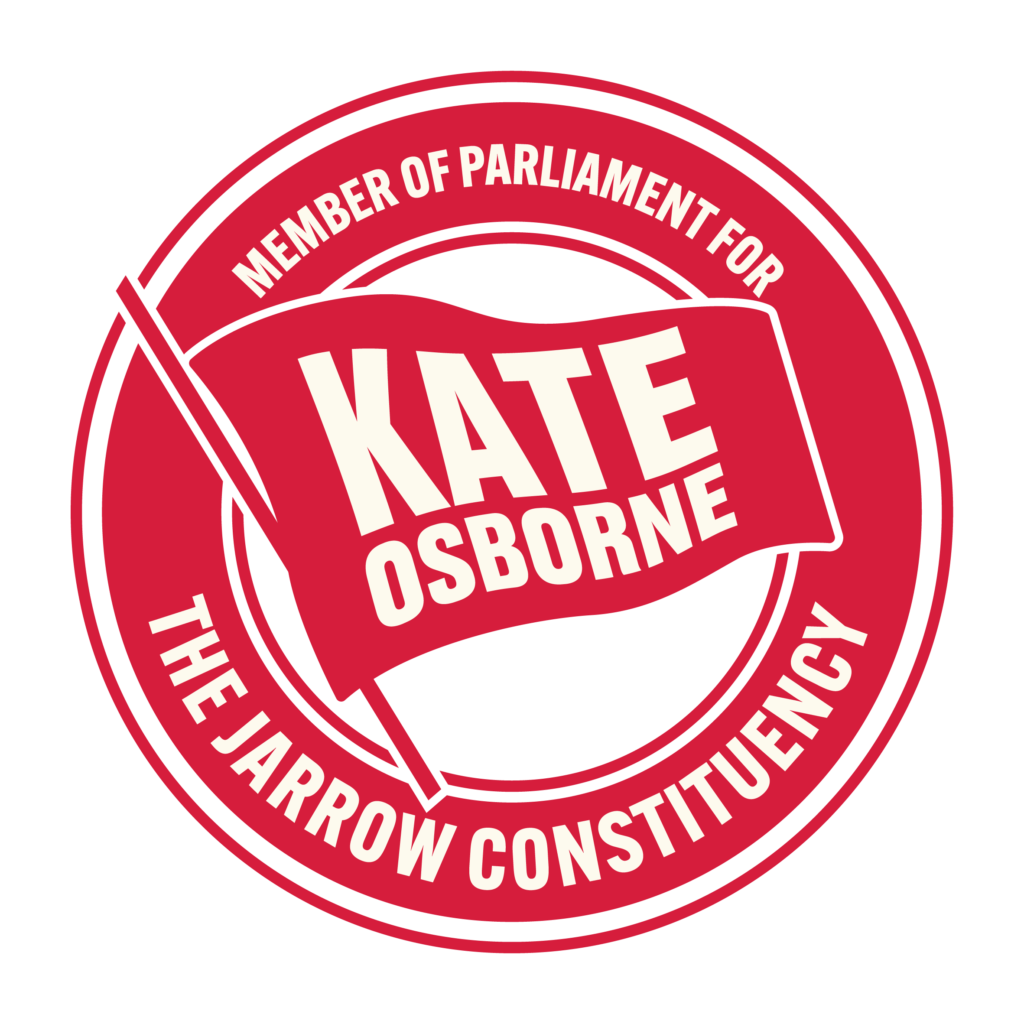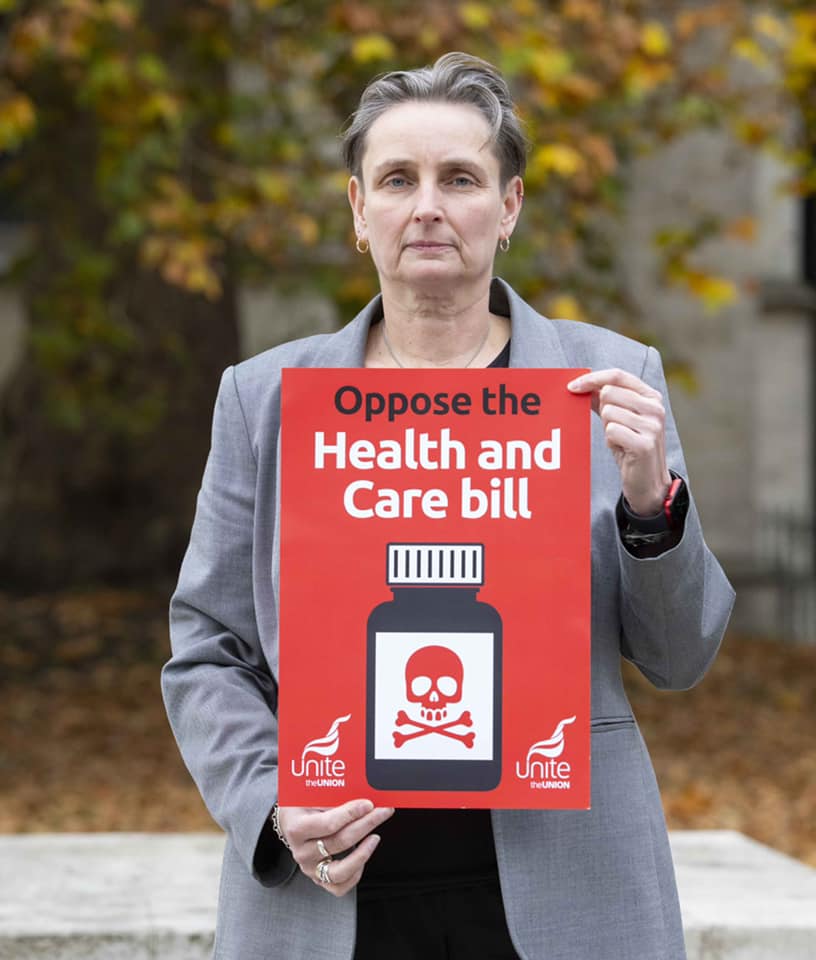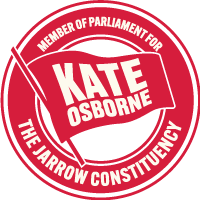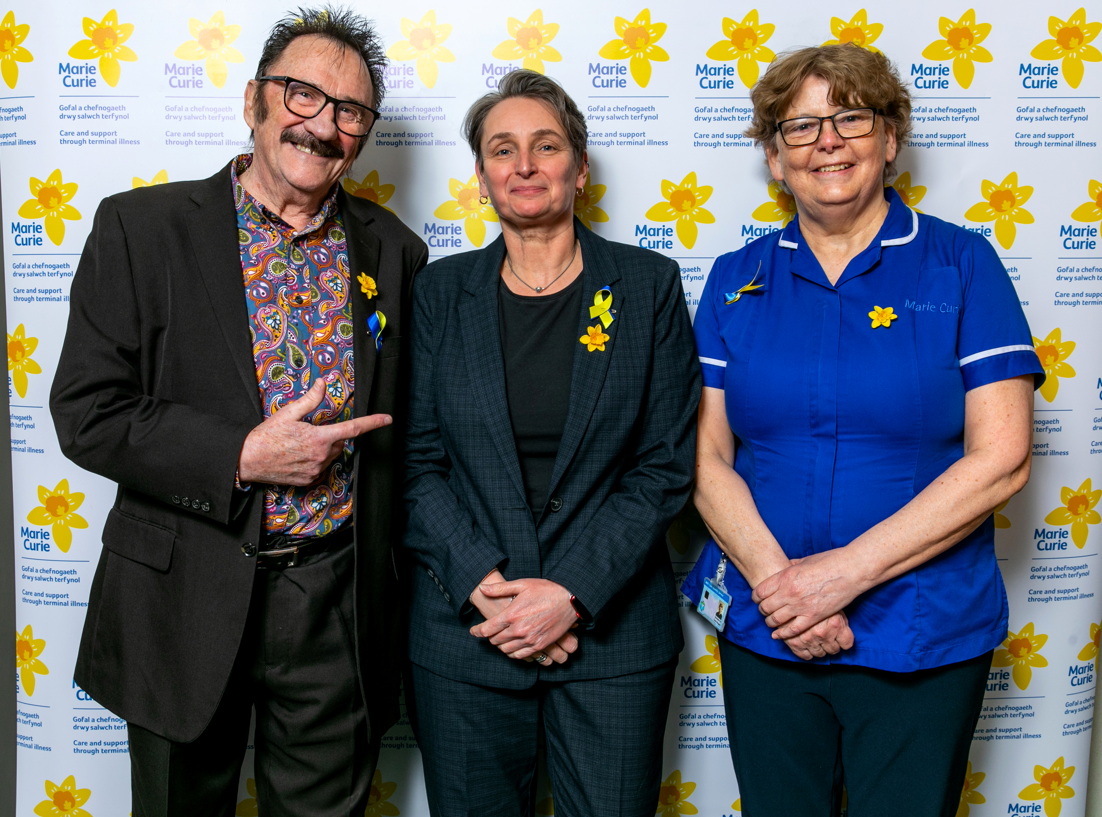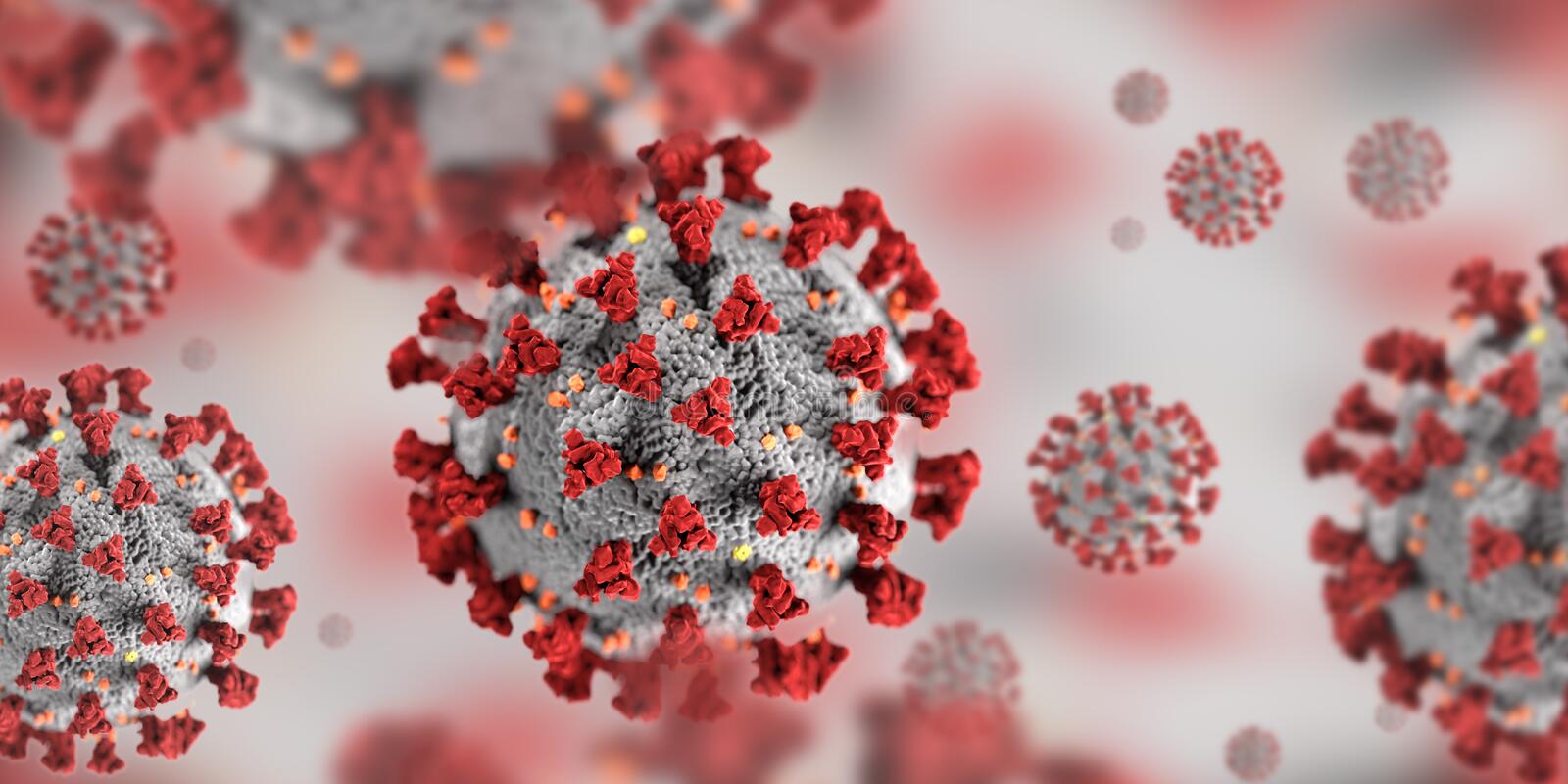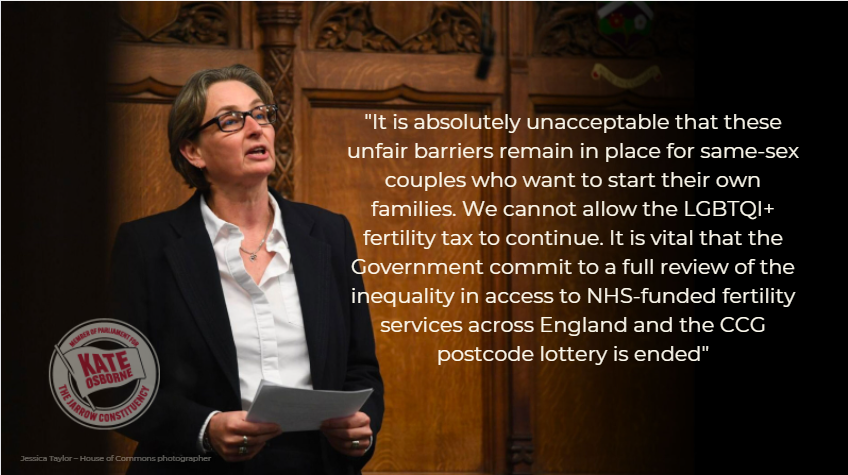Kate’s latest column for the Shields Gazette:
Last night the Conservative Government’s controversial Health and Care Bill returned to the Commons after it completed its Third Reading in the Lords recently.
For those of us who strongly believe in our National Health Service as a comprehensive public service run for the benefit of patients, the Health and Care Bill remains a devastating piece of legislation that will open the NHS up to widespread privatisation.
It’s being used by Boris Johnson and his Government to push through a major restructuring that would be damaging to patients, but in the middle of a pandemic it is feared will be a disaster for healthcare services.
It’s been a massively difficult two years for our NHS who have kept our country going, protecting us and looking after our loved ones, during the pandemic.
NHS staff right across the Jarrow constituency, and beyond have done so much and continue to do everything they can in our fight against Covid-19, which despite the ending of Covid restrictions, is still far from over.
Every one of our brilliant, dedicated staff in our hospitals from South Tyneside and Sunderland to those in the Queen Elizabeth Hospital in Gateshead have gone above and beyond during the most testing of times.
The Covid-19 pandemic has posed one of the biggest challenges to our NHS, made even more difficult following more than a decade of underfunding, understaffing and an ideologically-driven programme of austerity that has left the service on its knees. This simply cannot be allowed to continue.
Here on our own doorstep in South Tyneside, we have already lost our stroke services, our consultant-led Maternity Unit, our Special Care Baby Unit, our overnight Children’s A&E service and of course the loss of the Jarrow Walk-In Centre six-and-a-half years ago despite the facility being used by more than 27,000 people in the 2013-14 period.
However, the effects of the Health and Care Bill will be felt far and wide. There will be more privatisation, more cuts, and more cronyism.
The Bill will cut medical and emergency services, it will force more people to pay for their health care and it will also allow more private companies to take over services and make decisions on budgets.
The Bill also caps adult social care costs at £86,000, which will hit the average household hard, while leaving the rich protected.
The major reorganisation of the NHS was voted for by Conservative MPs despite protests on various elements of the Bill such as social care and the presence of private representatives on NHS boards.
The Bill breaks NHS England into 42 different pieces, each one deciding what services to offer. This means different services in each piece, with some vital health needs available in some places but not others, creating a postcode lottery for treatments and making it difficult for patients to get the care they need.
These will bring decision-making powers to private companies and democratically unaccountable third parties which will not guarantee a patients’ right to access the healthcare they need when they need it.
For too long our NHS has been pushed to the brink by the Tories. We entered the pandemic with the longest financial squeeze in NHS history, 17,000 beds closed, hospitals struggling, public health services cut, services privatised, children’s mental health budgets raided, thousands waiting longer for cancer treatment, the 18-week target not met for years and the A&E target not met for six years.
All this has the devastating consequence of forcing more and more people in pain and desperation to take out loans and crowdfunding on the internet to pay for an operation because the wait is too much to bear. A two-tier health system, privatised by the back door.
With NHS waiting lists at a record six million in England, a staffing and funding crisis, and the pandemic having an ongoing impact on an already struggling service, all of our focus must be on recovery and stability. Our NHS cannot sustain the current level of attacks from this Government and inevitably it is going to be both staff and patients who will suffer.
